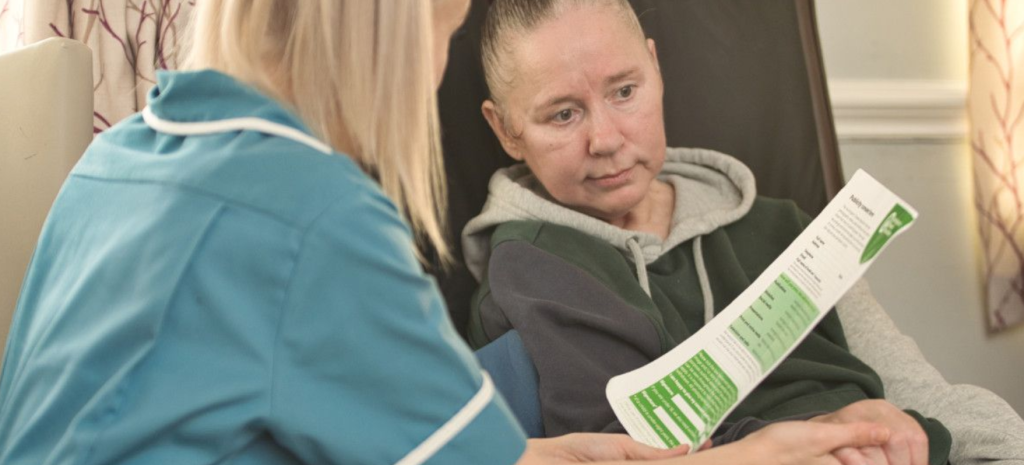
Residents living with Huntington’s disease are unable to access the mental health support they need, a new report has found.
Huntington’s disease is an incurable neurodegenerative disorder, and those with the condition can experience difficulties with movement, processing information and can develop mental health issues such as depression, anxiety and paranoia.
People generally begin to experience symptoms between the age of 30 and 50 and live around 15 to 20 years after becoming symptomatic.
Almost a third of those who took part in the study felt that they or a relative had been denied access to mental health services because of their condition.
The disease is often mistaken for being a mainly physical condition meaning that the mental health aspect of the disorder is overlooked.
The Huntington’s Disease Association report said: “Community mental health services are difficult to access and often lack an awareness of Huntington’s disease and its impact on mental health.
“To exclude patients based on their Huntington’s disease diagnosis creates an artificial boundary between physical and mental health.”
As it is genetic, the disease is passed on through families meaning that often someone may be a carer for a relative and later develop symptoms themselves.
It is possible for those with the condition to be treated for mental health issues in the same way as someone who does not have Huntington’s.
Debra Robinson, Specialist Huntington’s Disease Advisor for Greater Manchester, said that it is important to be “focusing on the way that the Huntington’s disease is affecting that person, not the title of Huntington’s disease.”
Between 500 and 700 people across Salford and Greater Manchester either have Huntington’s disease, or are at risk of having the condition or are a carer for someone with the disorder.
There can sometimes be problems assessing the mental capacity of a person with Huntington’s, and it may appear to medical professionals that an individual has the cognitive ability to understand the impact of their condition and agree to or reject a course of treatment with this in mind. This is often not the case.
According to Debra: “Quite often people with Huntington’s disease can be very clear and plausible, but that doesn’t necessarily mean that they can take action on what they’re saying that they’re going to do.”
As a result of the brain damage caused by the condition, people may struggle to make rational decisions or have changes in their personality which may go unnoticed when their decision-making ability is assessed by professionals.
81% of those who were denied mental health support experienced a deterioration in their mental health, some of whom were later sectioned under the Mental Health Act.
The report suggests that better communication between health professionals, community services, social workers and charities would have a positive impact on the mental health treatment on offer to those with Huntington’s disease.
This would require care coordinators who would make sure that the different departments responsible for a person’s physical and mental health were aware of all aspects of a patient’s condition including understanding their Huntington’s disease.
Neuropsychiatrists can also offer support as they can analyse someone’s condition and create an action plan for the individual.
There are only 64 Consulting Neuropsychiatrists in the UK meaning many people live in an area where they cannot access this kind of support.
Read the report here: https://www.hda.org.uk/news/unseen-and-unheard-mental-health-in-huntingtons-disease/














Recent Comments